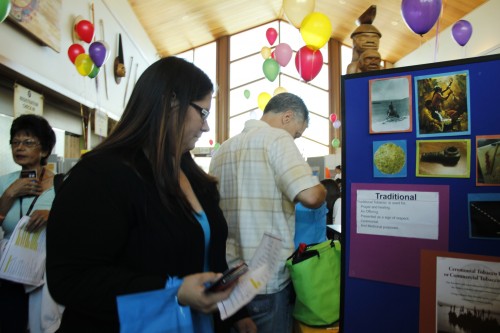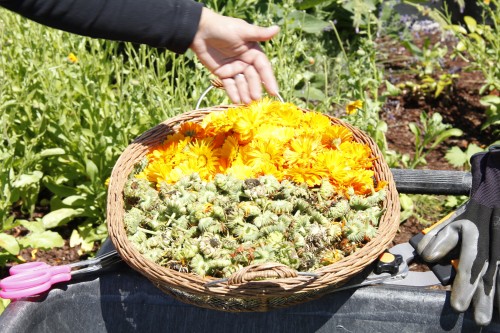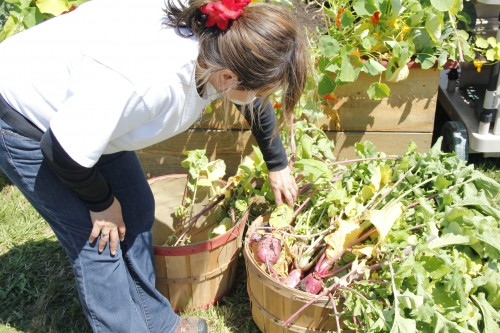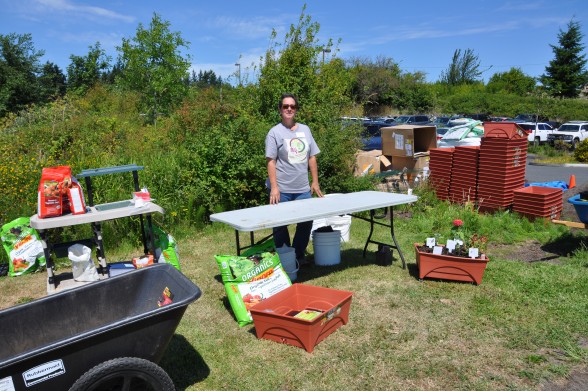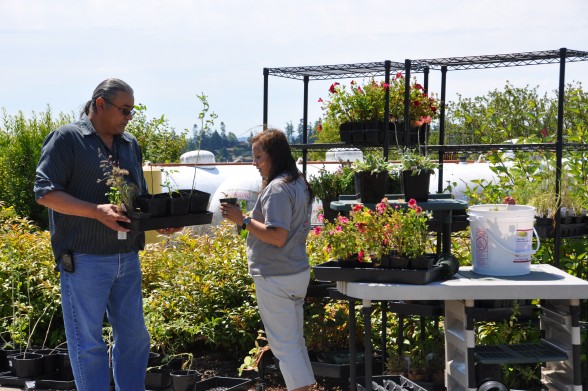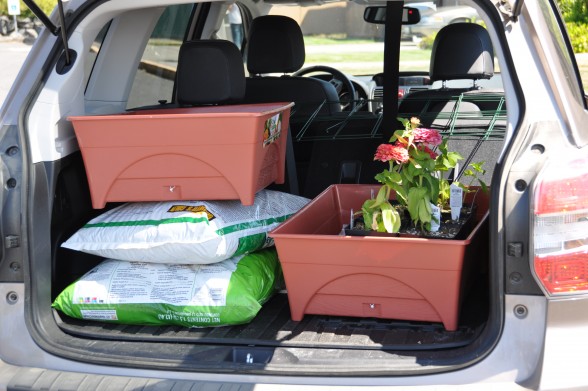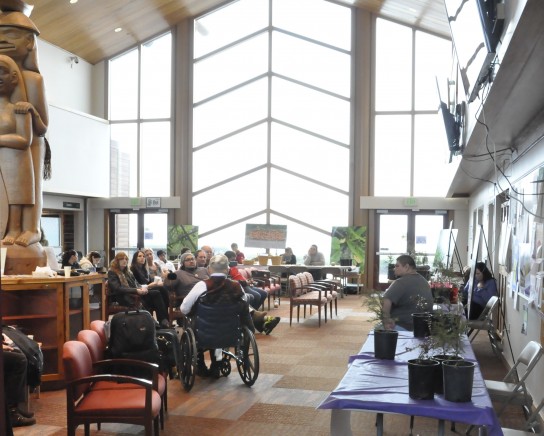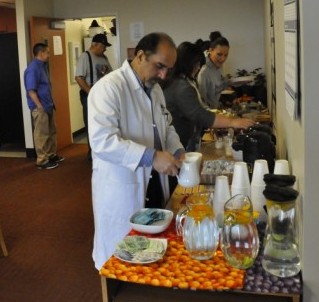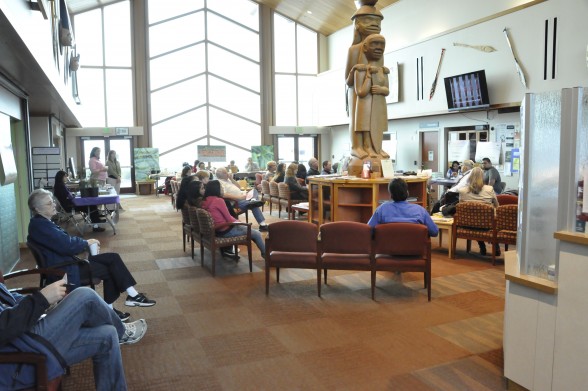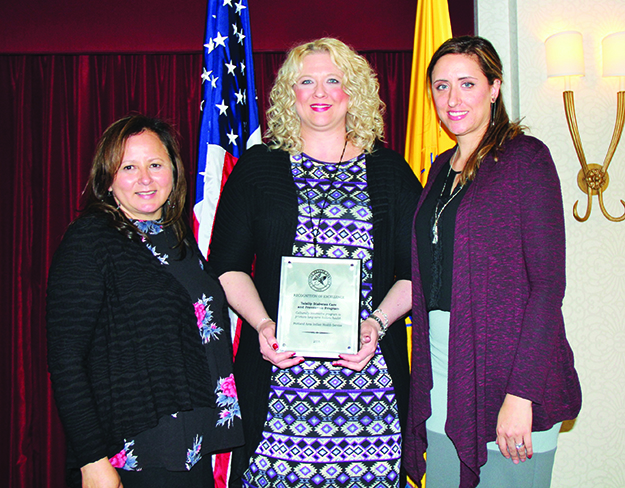
Photo/Tulalip News
By Micheal Rios, Tulalip News
The Indian Health Service (IHS), an agency within the Department of Health and Human Services, is responsible for providing federal health services to 2.2 million Native Americans belonging to 567 federally recognized Tribes. IHS is the principal federal health care provider and health advocate for Native people, and its mission is to raise their physical, mental, social, and spiritual health to the highest possible level.
On the Tulalip Reservation, the Karen I. Fryberg Tulalip Health Clinic is an extension of IHS. The Health Clinic makes it possible to ensure comprehensive, culturally acceptable personal and public health services are available and accessible to tribal members living on or around the reservation.
On Friday, May 12, the IHS Portland Director’s Recognition of Excellence Ceremony was held in downtown Portland, Oregon. Among the very deserving awardees in attendance were familiar faces from the Karen I. Fryberg Health Clinic. They were there to be recognized for excellence and to accept a Portland Area Director’s Award on behalf of the Tulalip Diabetes Care and Prevention Program.
The IHS Portland Area covers all federal and tribal health clinics servicing Native Americans within the states of Washington, Oregon, and Idaho. Among all those health clinics and programs therein, only fifteen groups were recognized and given a Director’s Award.
“Personally, I feel very humbled and honored to receive this award and am grateful to [Director of Clinical Services] Dr. Cooper for taking the time to nominate our team,” said Monica Hauser, RN, CDE, and Certified Diabetes Educator. “I am extremely proud of our diabetes prevention team and am so happy this team has been recognized for everyone’s hard work and dedication to the people of this community.”
“I thought of all of the people who worked in this program before us. I felt their presence in this ceremony and I thank them for their efforts,” added Veronica Leahy, Diabetes Program Coordinator. “My hope is more of our people will come and receive the care and teachings from these truly caring and knowledgeable providers.”
The Tulalip Diabetes Care and Prevention Program is a culturally-grounded, comprehensive program for the treatment of diabetes, and promotion of long-term holistic health. Increasing community participating in health promotion activities has been a staple of the program. Components including individualized case management by certified diabetes educators, continuing education provider-led classes, support groups, Diabetes Day events, and Wellness Trail activities have all achieved the goal of increasing community awareness and engagement in healthy activities.
The Wisdom Warrior program tailored to local community needs has become a major hit. Wisdom Warriors includes a 6-week Stanford University Chronic Disease Self-Management Plan as well as monthly Provider Classes on holistic health related and medical topics. Activities include field trips to the mountains for low-impact day hikes, Medicine Wheel garden classes, support of six tribal department gardens, cooking demonstrations and classes for all ages.
Upcoming Diabetes Prevention Program events include:
- Garden Day – June 3rd (at Youth Services)
- Monthly Wisdom Warrior Provider Class – June 8th
- Diabetes Day – June 15th
- Medicine Wheel Garden Day – June 21st
For more information about the Diabetes Care and Prevention Program please contact Monica Hauser, (360) 716-5725, mhauser@tulaliptribes-nsn.gov or Veronica Leahy, (360) 716-5642, vleahy@tulaliptribes-nsn.gov


